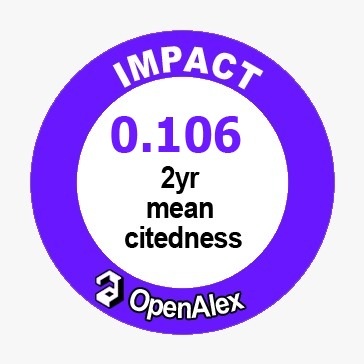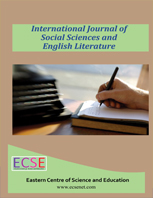Asean Regional free Trade Agreement and the Achievement of WTO Objectives
DOI:
https://doi.org/10.55220/2576-683x.v9.554Keywords:
ASEAN, Free trade area, MFN principle, WTO objectives.Abstract
The implementation of the ASEAN Free Trade Area (AFTA) agreement and the ASEAN Economic Community (AEC) violates the Most-Favored-Nation (MFN) principle of the World Trade Organization (WTO). However, the establishment of AFTA and AEC was not prohibited under Article XXIV of the General Agreement on Tariffs and Trade (GATT) 1994. This research analyzes the contradiction between the WTO’s MFN principle and Article XXIV of GATT, which arose from the establishment of AFTA and AEC in relation to the achievement of the WTO’s objectives. The study employed a normative legal approach, with data collected through library research, and analyzed using qualitative and comparative methods. The analysis indicates that although the establishment of AFTA and AEC violates the MFN principle, their implementation would not hinder the achievement of WTO objectives if the agreements do not lead ASEAN to become an exclusive free trade area. Instead, they are intended as steps toward implementing free trade principles within the global trading system through regional agreements.







